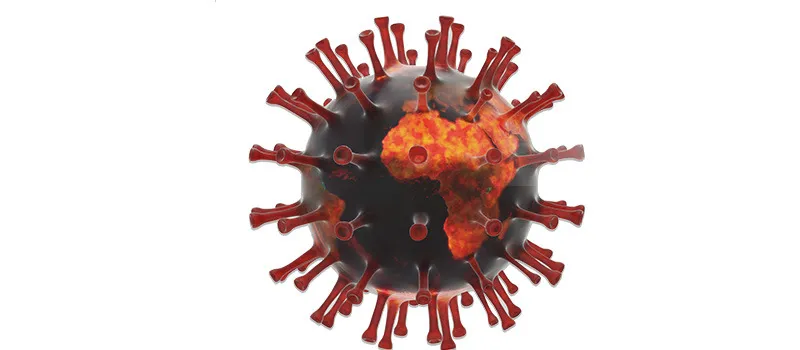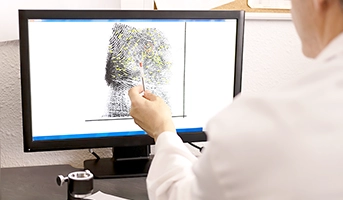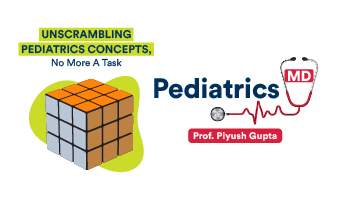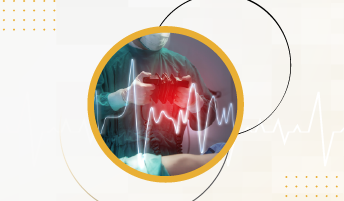

News: New Covid-19 Variant Omicron: Things You Should Know as an MBBS Student
Omicron (B. 1 . 1.529), a new variant of SARS-CoV-2 has been announced as a variant of concern by WHO recently, due to its suspected high transmission owing to several mutations. It was first reported in South Africa on 24 November 2021 and according to the latest news, Omicron cases in South Africa are constantly increasing. Various epidemiologic studies are underway to understand whether the increasing number of Omicron virus cases is due to its high transmission or other contributing factors.
There is no research-based evidence that suggests the symptoms of the Omicron virus are different from those of other variants. Initial evidence is suggestive of an increased risk of reinfection with the Omicron virus in people who have been already infected previously with other SARS-CoV-2 variants.
The RT-PCR Test Report of COVID includes ‘N’, ‘S’, ‘E’ & ‘ORF’ genes. However, the absence of the ‘S’ gene ahead of genome sequencing now might indicate the Omicron variant of COVID-19 in a sample. Therefore, checking for the ‘S’ gene is considered a priority to determine Omicron Cases while conducting an RT-PCR Test. Besides, RT-PCR Tests are under development so that the Omicron variant can be tested without the need for full sequencing.
Meanwhile, as informed by the Ministry of External Affairs in the latest news on Omicron cases in India, there aren’t any reported cases so far in the country. However, the government has warned states not to let the guards down and abide by the effective COVID-19 guidelines. It is important to prioritise surveillance, risk analysis, and an evidence-based approach by undertaking case investigations and laboratory assessments to better understand if Omicron Virus has different characteristics, or whether the vaccines are effective on the new COVID variant. The research will then help to find out the apt therapy, diagnosis, and public health and social measures.
Also, India has taken the path of solidarity and is supporting African countries such as Malawi, Ethiopia, Zambia, Mozambique, Guinea, Lesotho, and Botswana by supplying Covaxin and Covishield vaccines.
As living in the pandemic has become the new normal, the doctors need to equip themselves with the latest advancements and further their knowledge regarding COVID-19, infection prevention and control, donning and doffing of personal protective equipment, and medical case management. More details on the COVID-19 pandemic have been covered in DigiNerve’s courses- Microbiology for UnderGrads by Dr. Apurba Sastry, Dr. Deepashree R, and Dr. Sandhya Bhat and Community Medicine for UnderGrads by Dr. Bratati Banerjee.
In Microbiology for UnderGrads, COVID-19 has been covered under Module-8: Respiratory Tract Infections in which the faculty has discussed all relevant concepts from the subject point of view like morphology, epidemiology, pathogenesis, clinical manifestations, laboratory diagnosis, and treatment and infection control measures. Relevant information on the COVID-19 pandemic has been covered under Module: COVID-19 in Community Medicine for UnderGrads. The module broadly covers the evolution and epidemiology of the pandemic along with the prevention and management of COVID-19.
Sources:
https://www.who.int/news/item/28-11-2021-update-on-omicron
Related post
Related Courses
Pathology for UnderGrads
Prof Harsh Mohan , Prof Ramadas Nayak , Dr Debasis...
Microbiology for UnderGrads
Dr Apurba S Sastry , Dr Sandhya Bhat , Dr Deepashr...









































